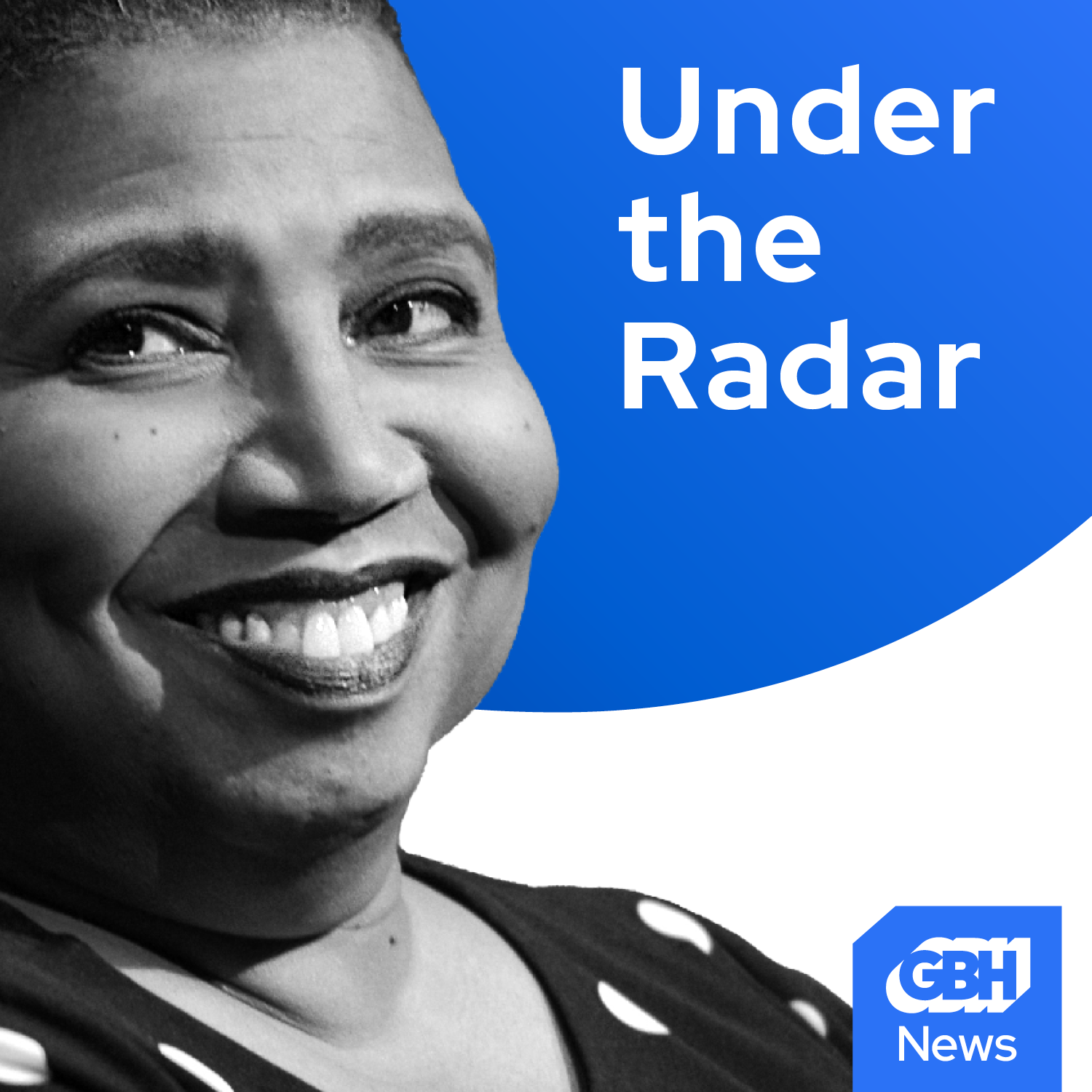10 years before Garrity, Bostonians attempted to desegregate schools in city's 'true civil rights movement'
Description
In 1964, Wendell Arthur Garrity was United States Attorney for the District of Massachusetts – not yet a judge on the District Court of Massachusetts. Ruth Batson was a frustrated parent and civil rights activist – not yet director of Boston’s Metropolitan Council for Educational Opportunity, or Metco, the voluntary desegregation program. Louise Day Hicks was a member of Boston’s School Board – not yet the leader of ROAR: Restore Our Alienated Rights – and the face of white opposition to the integration of Boston Public Schools. Ten years later, they would all be major players in the battle to desegregate Boston Public Schools. As the city marks 50 years since Judge Garrity’s ruling on busing, we consider the importance of the period before busing – a time expert Zebulon Miletsky refers to as Boston’s ‘true civil rights movement.’
More Episodes
Author Kate Feiffer’s first adult novel “Morning Pages” is a play within a play: the main character is a playwright and much of her internal dialogue is on the page as scenes from a play. Moreover, she’s turned to a popular daily artist’s exercise to jumpstart her imagination. It’s fair to say...
Published 09/23/24
Our pop culture experts are back! After two Emmy ceremonies just this year, could the excellence in television award show be leading the charge on Hollywood’s diversity efforts? Meanwhile, the Country Music Awards have snubbed Beyonce, who received zero nominations for her critically acclaimed...
Published 09/23/24
In September, 1974 – two days after her 14th birthday – Leola Hampton boarded a school bus that would launch her into the heart of one of the most divisive and defining moments in Boston history: court-ordered school desegregation. She and her older sister, Linda Stark, were bused from their home...
Published 09/16/24


